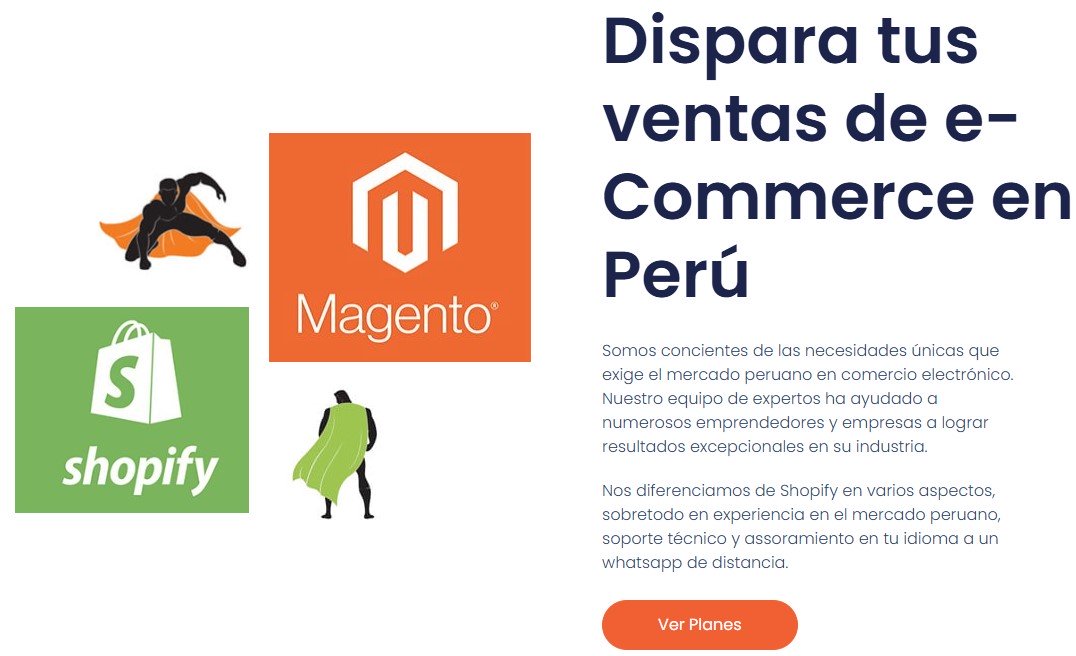
In a world where technology is constantly evolving and shaping the way we live and work, it has become essential for businesses to adapt to a digital model in order to remain competitive and relevant. This is especially true for traditional businesses that have been operating in the same way for years. However, making the transition to a digital model can seem daunting and overwhelming. But with the right strategies and tools, it is possible to successfully adapt a traditional business to a digital model.
Adapting a traditional business to a digital model involves more than just creating a website or launching a social media page. It requires a shift in mindset, a willingness to embrace change, and a commitment to learning new technologies and strategies. In this article, we will explore the steps and strategies that traditional businesses can take to adapt to a digital model, as well as the benefits that come with making this transformation.
Why should traditional businesses adapt to a digital model?
The digital age has forever changed the way consumers engage with businesses. With the rise of online shopping, social media, and digital marketing, consumers now expect businesses to have an online presence and to offer convenient, digital services. This means that traditional businesses can no longer rely solely on physical locations or word of mouth to attract and retain customers.
Adapting to a digital model allows businesses to reach a wider audience, increase brand visibility, and enhance customer experience. It also enables businesses to streamline operations, improve efficiency, and reduce costs. By embracing digital technologies, traditional businesses can stay competitive in today’s fast-paced and tech-driven marketplace.
How can traditional businesses adapt to a digital model?
1. Embrace digital marketing
One of the first steps in adapting a traditional business to a digital model is to invest in digital marketing. This includes strategies such as search engine optimization (SEO), content marketing, social media marketing, and email marketing. By leveraging these digital marketing tactics, businesses can increase their online visibility, attract new customers, and engage with existing ones.
2. Develop a mobile-friendly website
In the age of smartphones and tablets, having a mobile-friendly website is crucial for businesses that want to reach their target audience. A mobile-friendly website ensures that customers can easily access and navigate a business’s online content on their mobile devices, which enhances user experience and increases the likelihood of conversion.
3. Offer online sales and services
Traditional businesses can benefit from offering online sales and services, such as e-commerce platforms, online booking systems, and digital memberships. These online offerings provide customers with convenience and flexibility, which can lead to increased sales and customer satisfaction.
4. Leverage social media
Social media platforms provide traditional businesses with a powerful tool for building brand awareness, engaging with customers, and promoting products and services. By creating a strong presence on social media, businesses can connect with their target audience, share valuable content, and drive traffic to their website.
5. Implement digital payment options
Incorporating digital payment options, such as mobile payment systems and online payment gateways, into a traditional business can improve the overall customer experience and streamline the payment process. This also helps businesses to cater to a wider range of customer preferences and increase sales.
6. Utilize data and analytics
Data and analytics play a crucial role in a digital business model, as they provide valuable insights into customer behavior, market trends, and business performance. By leveraging data and analytics tools, traditional businesses can make informed decisions and optimize their digital strategies.
7. Invest in employee training
Adapting to a digital model requires employees to acquire new skills and knowledge. Businesses should invest in training programs that equip their staff with the digital skills needed to effectively operate in a digital business environment.
The benefits of adapting a traditional business to a digital model
Adapting a traditional business to a digital model offers a wide range of benefits that can positively impact the business’s success and growth. Some of these benefits include:
– Increased online visibility and brand awareness
– Expanded customer reach and engagement
– Improved customer experience and satisfaction
– Enhanced operational efficiency and cost savings
– Access to valuable data and insights for decision-making
– Competitive edge in the digital marketplace
Frequently Asked Questions (FAQs)
Q: How long does it take to adapt a traditional business to a digital model?
A: The timeline for adapting a traditional business to a digital model can vary depending on the size and complexity of the business, as well as the resources available. It is important for businesses to approach the process with patience and a willingness to learn and adapt.
Q: What are the key challenges in adapting a traditional business to a digital model?
A: Some of the key challenges in adapting a traditional business to a digital model include resistance to change, lack of digital skills and knowledge, and the cost of implementing new technologies and strategies. However, these challenges can be overcome with proper planning and a clear digital transformation strategy.
Q: How can I measure the success of a digital adaptation?
A: Measuring the success of a digital adaptation can be done through key performance indicators (KPIs) such as website traffic, conversion rates, social media engagement, and customer satisfaction metrics. These KPIs can help businesses track the effectiveness of their digital strategies and make informed decisions for continuous improvement.
Q: What are the best digital tools and platforms for traditional businesses?
A: The best digital tools and platforms for traditional businesses can vary depending on the specific needs and objectives of the business. Some popular digital tools and platforms include website builders, e-commerce platforms, social media management tools, email marketing software, and customer relationship management (CRM) systems.
Q: Do I need to hire external expertise for a successful digital adaptation?
A: While some businesses may have the internal expertise to lead a successful digital adaptation, others may benefit from hiring external expertise such as digital consultants, web developers, and marketing agencies. External expertise can provide valuable insights and support in the digital transformation process.
In conclusion, adapting a traditional business to a digital model is a necessary and rewarding endeavor that can lead to increased growth, competitiveness, and success. By embracing digital technologies and strategies, traditional businesses can thrive in the digital age and meet the evolving needs of their customers. With the right approach and mindset, any traditional business can successfully make the transition to a digital model and reap the numerous benefits that come with it.



















